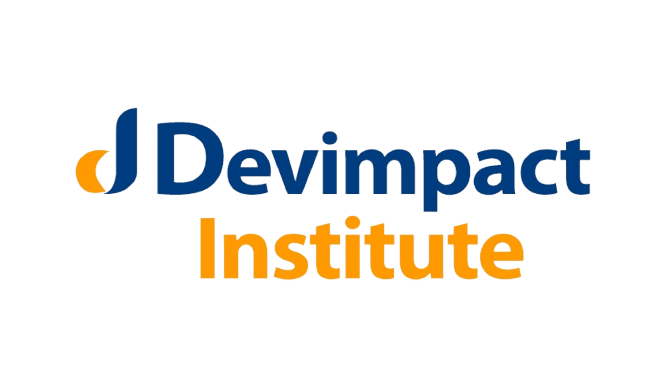
Training on Macro-Econometric Modeling and Forecasting Using EViews
The field of macroeconomics has seen significant advancements with the integration of econometric techniques, allowing for a more robust analysis of economic trends and policy impacts. Macro-econometric modeling has become an essential tool for economists, analysts, and policymakers to understand the complex interactions within an economy, forecast future economic conditions, and evaluate the potential outcomes of policy decisions.
EViews, a powerful statistical software package, has emerged as one of the leading tools for econometric analysis, particularly in time series and macroeconomic modeling. Its user-friendly interface and extensive range of functionalities make it an ideal choice for both beginners and advanced users in the field of econometrics.
This course is designed to bridge the gap between theoretical econometrics and practical application, providing participants with the skills and knowledge needed to build and analyze macro-econometric models using EViews. Through a combination of lectures, hands-on exercises, and real-world case studies, participants will gain a deep understanding of the methodologies and techniques used in macro-econometric modeling and forecasting.
Target Participants
This course is designed for economists and financial analysts, policymakers and researchers, graduate students in economics and related fields, and professionals in government and financial institutions, aiming to enhance their expertise in macro-econometric modeling and forecasting using EViews.
What You Will Learn
By the end of this course the participants will be able to:
- Develop a strong foundation in macroeconomics and econometrics
- Master the use of EViews software for data analysis, modeling, and forecasting
- Apply econometric techniques to real-world macroeconomic problems
- Build and evaluate macroeconometric models for forecasting and policy analysis
Course Duration
Classroom Based – 10 Days
Online – 14 Days
Introduction to Macroeconomics and Econometrics
- Overview of macroeconomics: key concepts, variables, and relationships
- Introduction to econometrics: the role of econometrics in macroeconomics
- Basic statistical concepts: probability, distribution, hypothesis testing
Introduction to EViews and Data Management
- Overview of EViews software
- Installation and setup
- User interface and navigation
- Importing and exporting data
- Data types and structures
- Data transformation and cleaning
Basic Econometric Techniques
- Descriptive Statistics and Graphical Analysis
- Simple and multiple linear regression
- Assumptions of regression models
- Diagnostic tests and model validation
Time Series Analysis
- Time series concepts and components
- Stationarity and unit root tests
- Building ARIMA models
- Model selection and diagnostics
- Forecasting with ARIMA models
Advanced Econometric Modeling
- Introduction to advanced econometric models such as Generalized Method of Moments (GMM) and Panel Data Models
- Multivariate time series analysis
- Handling structural breaks in econometric models
- Cointegration and Error Correction Models
- Vector Autoregression (VAR) Models
Estimation and Inference
- Estimation techniques for econometric models using EViews
- Interpretation of coefficient estimates and statistical significance
- Assessing model fit and goodness of fit measures
- Granger causality tests
Policy Analysis and Forecasting
- Basics of Structural Equation Modeling (SEM)
- Policy simulation and analysis
- Evaluating forecast accuracy and performance metrics
- Forecasting with exogenous variables and scenario analysis
- Scenario analysis and stress testing
- Practical examples and case studies
Training Approach
This course is delivered by our seasoned trainers who have vast experience as expert professionals in their respective fields of practice. The course is taught through a mix of practical activities, presentations, group works and case studies.
Training notes and additional reference materials are provided to the participants.
Certification
Upon successful completion of this course, participants will be issued a certificate.
Tailor-Made Course
We can also do this as a tailor-made course to meet organization-wide needs.

